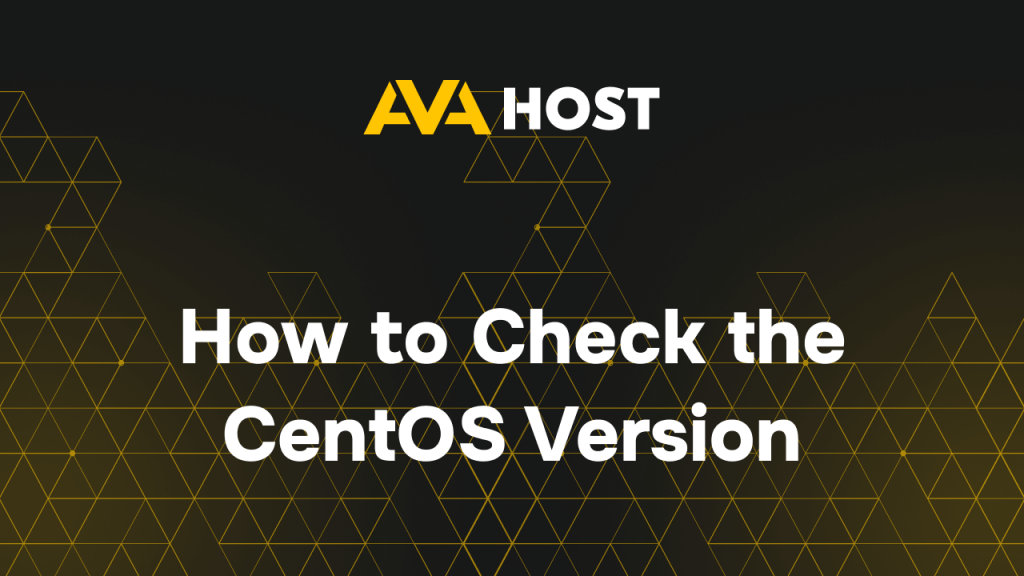F.A.Q

How to Create a Short Story Blog and Entertain Your Readers Creating a short story blog is a thrilling way to unleash your creativity, connect with readers, and potentially launch a writing career. Whether you’re spinning tales of mystery or crafting poignant microfictions, a blog offers a platform to showcase your stories and build a […]

Location is one of the key factors that affects what content you see on the Internet, how fast websites work, and even access to certain online services. Managing geolocation settings in the Google Chrome browser allows you to increase your privacy, improve the user experience, and access the information you need in the right place. […]

How to Disable xmlrpc.php in WordPress The xmlrpc.php file in WordPress can be a security risk if not needed, but it’s manageable with the right approach. This guide explains its purpose, why it’s a concern, and how to disable it to secure your site while maintaining performance. With practical examples and tips, you’ll learn how […]

Unlocking the bootloader of your Android device gives you full control over its firmware. Whether you want to install a custom ROM, root your device, or flash a custom recovery like TWRP, unlocking the bootloader is the first step. This guide will walk you through the process using Fastboot. The instructions are suitable for Windows […]

Many users rely on Firefox’s built-in password manager to store their logins — it’s convenient, secure, and saves time. If you’ve forgotten your username or password for a website, there’s no need to reset anything: you can easily recover access by checking your stored credentials in just a few clicks.This feature is especially useful when […]

Managing databases in a hosting environment doesn’t have to be complicated. With phpMyAdmin for MySQL and MariaDB — a user-friendly web interface available on most modern hosting platforms, including shared hosting, VPS, and dedicated servers — you can easily view, edit, and maintain databases without writing SQL queries manually.This guide will help you get started […]

Email remains a cornerstone of communication, whether you’re connecting with friends or running a business. Setting up an email account—be it a personal Gmail or a professional custom domain email—can be a breeze with the right guidance. For businesses hosted on ava.hosting’s high-performance VPS or dedicated servers, a custom email like info@yourdomain.com can elevate your […]

Knowing which version of CentOS you are running is essential for system maintenance, software compatibility, and security updates. Whether you are managing a single server or a fleet of machines, checking the CentOS version is a quick and simple process. In this article, we’ll go through several methods to identify your CentOS version using the […]

How to Redirect HTTP to HTTPS on a Linux Web Server Switching your website to HTTPS is crucial for securing user data and boosting trust, while also improving SEO and meeting modern web standards. This guide simplifies the process of redirecting all HTTP traffic to HTTPS on Linux servers using Apache or Nginx. With practical […]

Ubuntu is one of the most popular Linux distributions, known for its user-friendliness, stability, and flexibility. While many users associate Linux with the command line, Ubuntu has long supported a wide range of Graphical User Interfaces (GUIs) that make the system more accessible to newcomers and professionals alike. In this article, we’ll explore the most […]

